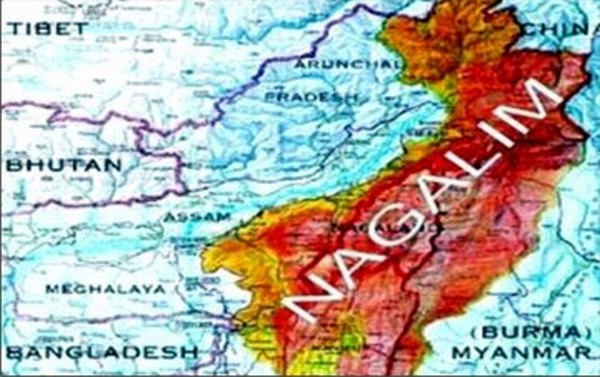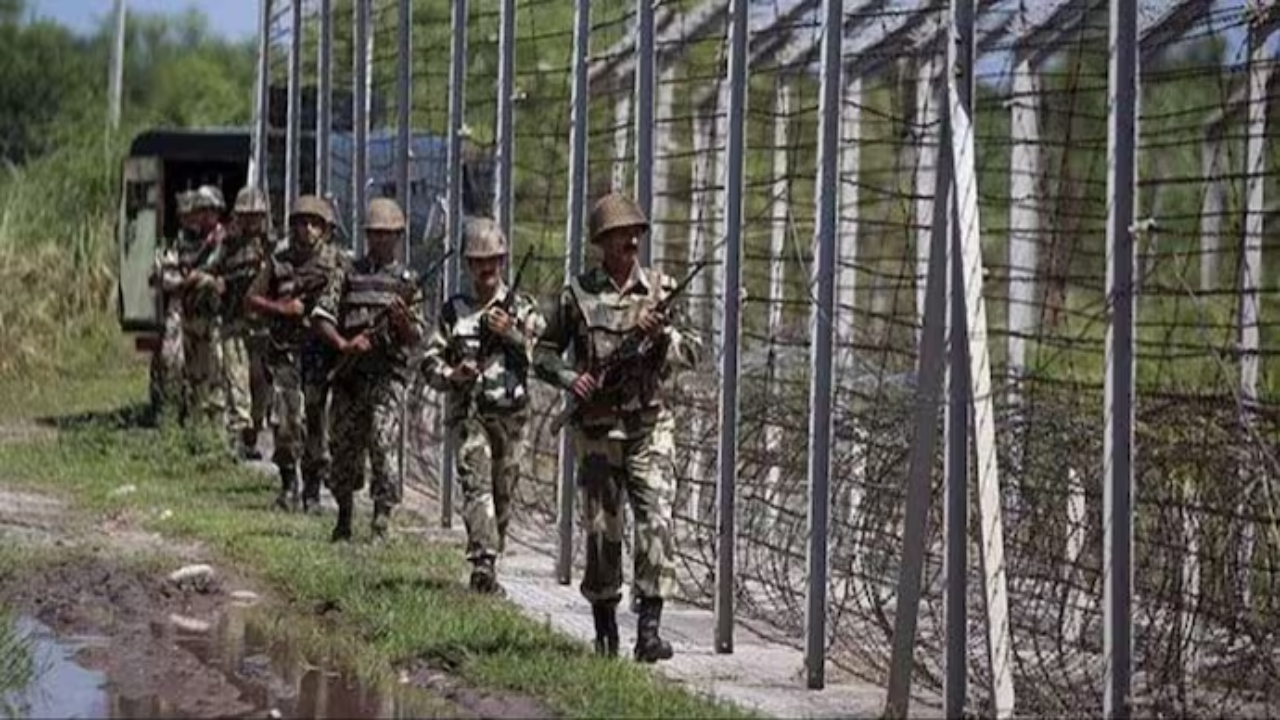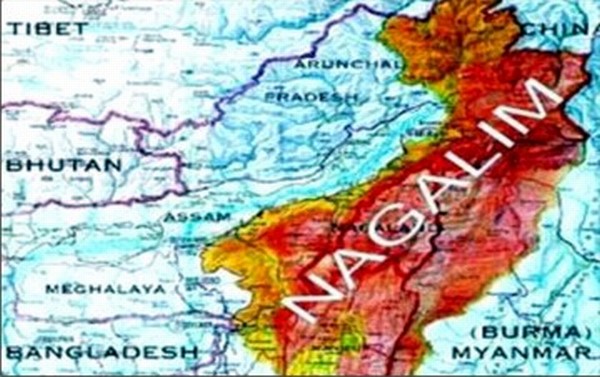Centre’s Decision Facing Opposition From North-Eastern States New Delhi: The tribes body of Nagaland has opposed the Central government’s decision to fence the Indo-Myanmar border. Prime Minister Narendra Modi-led central government announced its decision to fence the Indo-Myanmar border in February last year and abolish the Free Movement Regime (FMR) over security concerns. However, the […]


Centre’s Decision Facing Opposition From North-Eastern States
New Delhi: The tribes body of Nagaland has opposed the Central government’s decision to fence the Indo-Myanmar border. Prime Minister Narendra Modi-led central government announced its decision to fence the Indo-Myanmar border in February last year and abolish the Free Movement Regime (FMR) over security concerns. However, the apex body for tribes in Nagaland claimed that fencing will disrupt the economic lifelines, isolate communities, break vital connections, and restrict access to education and healthcare.Further, the Mizoram Assembly had passed a resolution opposing the Centre’s decision to fence the Indo-Myanmar border and abolish the FMR.The Central government also announced abolishing FMR. The FMR allowed people residing close to the India-Myanmar border to venture 16 km into each other’s territory without any documents. The FMR was implemented in 2018 as part of India’s Act East policy.
What Is FMR?
“The fence is not just a physical barrier, it is an assault on our identity, heritage, and dignity,” said TUN president Kekhwengulo Lea in a statement, as per PTI. The Tenyimi Union Nagaland (TUN), an apex body of five major tribes in Nagaland, has opposed the fencing of the Indo-Myanmar border. The group said that it will have a “devastating” impact on the Naga people, their livelihoods and their cultural ties. TUN is the apex body of five tribes – Angami, Chakhesang, Pochury, Rengma and Zeliang.The Central government in 2024 decided to fence the Indo-Myanmar border. India shares a 1,643-km-long border with Myanmar, which passes through Mizoram, Manipur, Nagaland and Arunachal Pradesh.Earlier, leaders of Kuki Zo council, Zomi Council, Kuki Inpi Manipur and Hmar Inpui have also raised objection over government’s decision to fence the Indo-Myanmar border.Security forces guarding the India-Myanmar border (Representative Image) “The Free Movement Regime (FMR) introduced in the 1950s allowed limited cross-border travel, but successive regulations have since curtailed this, severely affecting the Naga communities’ ability to maintain cross-border social, cultural, and economic ties,” Lea said.This is not the first time that the Centre’s decision to fence the border has been opposed by the groups in north-eastern states of India.














